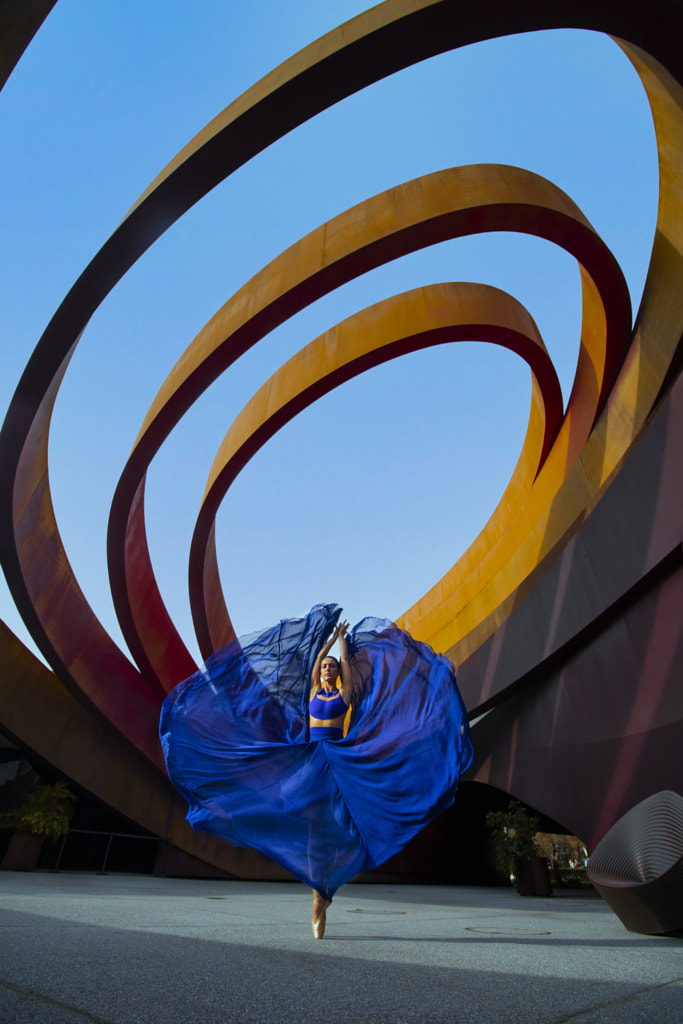LARGEST EARTHQUAKE SO FAR:Scientists find evidence of largest earthquake in human history 3,800 years ago
SHOCKER: Study: Antidepressants may not improve overall well-being in depressed people.
The latest journalism on Ukraine-Russia, and other notable media news
The Churchill Cult, by Jingo, Tariq Ali New York Review of Books
Beer and Spirits Have More Detrimental Effects on the Waistline and on Cardiovascular Disease Risk than Red or White Wine
SIX NOVELS WITH AN OVERWHELMING SENSE OF UNEASE, SLOW-BURNING MENACE, AND COERCIVE CONTROL Crime Reads. I’ve only read three of these- Rebecca, Fingersmith, My Cousin Rachel. Each excellent, so I suppose I should check out the other three recommendations.
Shoes
I was recently involved in a conversation in which the topic of shoes came up. (Yes, shoes.) Someone said they had read an article...
The Greatest Bourbon Ever Stolen Narratively
The novel meanders along as she experiments with sensualism. As Selin bounces from one experience (boys, books, countries, etc.) to the next, Either/Or never gets tied down to any one story line
Collecting Bodies in Bucha
The details of the atrocities committed against the people of Bucha, Ukraine by Russian soldiers are more horrifying than language has words for. Luke Mogelson and photographer James Nachtwey are reporting for the New Yorker from Bucha as loved ones and volunteers try to make sense of the destruction. Note: the descriptions and photos in this piece may be disturbing (but IMO, we cannot turn away from this). This is one of the tamer paragraphs:
On the far side of a stretch of railroad tracks, two elderly women had been killed in their house. One lay in the doorway, another in the kitchen. Both were bundled in heavy winter coats. Neighbors said that they had been sisters, both in their seventies. Their small house was filled with hardcover books, and they did not own a television; it was impossible not to imagine their quiet, literary life together before it was annihilated. In the only bedroom, two narrow mattresses were pushed together and covered by a single blanket.
From the NY Times, Bucha’s Month of Terror.
As the Russian advance on Kyiv stalled in the face of fierce resistance, civilians said, the enemy occupation of Bucha slid into a campaign of terror and revenge. When a defeated and demoralized Russian Army finally retreated, it left behind a grim tableau: bodies of dead civilians strewn on streets, in basements or in backyards, many with gunshot wounds to their heads, some with their hands tied behind their backs.
Giving Is a Form of Attention
I’ve been reading David Whyte’s Consolations over the past couple of weeks, skipping around, seeking illumination, counsel, and understanding for some of life’s present challenges. The chapter on giving was particularly resonant; here’s an excerpt:
Giving means paying attention and creating imaginative contact with the one to whom we are giving; it is a form of attention itself, a way of acknowledging and giving thanks for lives other than our own.
The first step in giving may be to create a budget, to make a list or to browse a shopfront or the web, but the essential deed is done through the door of contemplation: of the person, the charity, the cause, finding the essence of the need, the person or the relationship. Out of this image comes the surprise of understanding and the ability again to surprise the recipient by showing that someone else understands them and, through a display of virtuosity, can even identify needs they cannot admit themselves. The full genius of gift-giving is found when we give what a person does not fully feel they deserve, but that does not overstretch the point; it is the appropriate but surprising next step in their lives. It disarms and moves and empowers all at once, while gratifying the one who gives beyond most everyday satisfactions.
To give is to make an imaginative journey and put oneself in the body, the mind and the anticipation of another. To give is to make our own identities more real in the world by committing to something specific in the other person and something tangible that could represent that quality. To give is also to carry out the difficult task of putting something of our own essence in what we have given. The perfect gift may be tiny and inexpensive, but accompanied by a note that moves the recipient; the perfect gift may be enormous, extravagant, expensive and jaw-dropping as a courageous act of flamboyance and devil-may-care love, but to give appropriately always involves a tiny act of courage, a step of coming to meet, of saying I see you, and appreciate you and am also making an implicit promise for the future.
See also Friendship, an essay of Whyte’s I revisit every few months.
